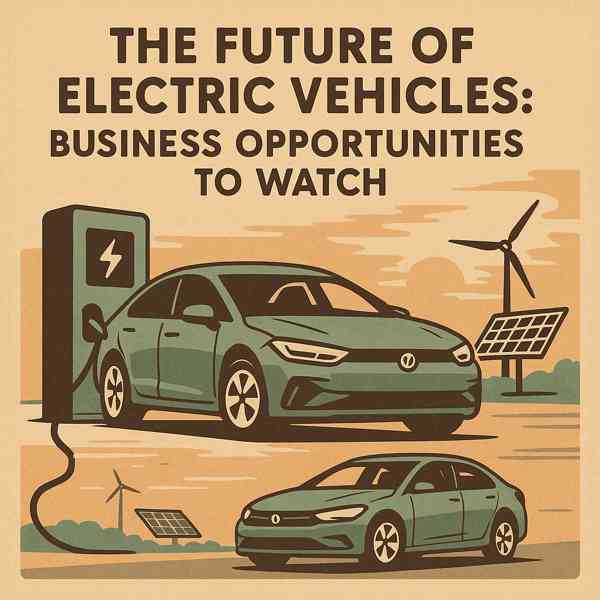
Electric vehicles (EVs) are revolutionizing the way we think about transportation.
As battery technology improves and infrastructure expands, owning an electric vehicle has never been more practical.
What Are Electric Vehicles?
Electric vehicles are powered entirely by electric motors, rather than traditional internal combustion engines.
What powers EVs:
- Replaces the internal combustion engine
- Stores the electrical energy
- Power electronics
- Charging system
Electric vehicles come in various types, such as battery electric vehicles (BEVs)—each with different levels of electrification.
Why Choose an EV?
The rise of electric vehicles is fueled by their clear advantages.
Why EVs are gaining popularity:
- Electricity is cheaper than gas
- Environmental sustainability
- Better overall driving comfort
- Rebates and subsidies in many regions
For eco-conscious and cost-aware drivers, electric vehicles are an increasingly responsible choice.
Challenges of Electric Vehicles
Understanding the limitations of electric vehicles will help you make an informed decision.
Potential drawbacks to keep in mind:
- May require more frequent charging
- Longer trips need planning
- More expensive upfront than comparable gas models
- Replacement can be costly without warranty
As technology advances and infrastructure improves, many of these challenges are becoming easier to manage.
Types of Electric Vehicles
Choosing the right type depends on your lifestyle, commute, and charging access.
Categories of electric vehicles:
- Run only on electricity
- Electric motor with backup gasoline engine
- Hybrid Electric Vehicles (HEVs)
- Use hydrogen to generate electricity
Each type has its pros and cons, so buyers should evaluate their needs.
How to Charge Your EV
There are multiple charging levels and methods depending on your location.
Main EV charging options include:
- Standard household outlet
- Faster and ideal for daily use
- DC Fast Charging
- Charging without cables
As public charging networks expand, EV owners will enjoy even more accessibility and peace of mind.
What’s Next for EVs?
As governments push for cleaner energy and manufacturers invest in innovation, the future of EVs looks bright.
Trends shaping the future include:
- Higher energy density and faster charging
- Turning cars into energy assets
- Autonomous electric vehicles
- Expansion of affordable EV models
As innovation more info continues, EVs will become more mainstream and essential.
The Road Ahead for EVs
With growing demand and continuous improvement, EVs are becoming a realistic option for more drivers every day.
From environmental benefits to cutting-edge tech, electric vehicles offer a powerful alternative to traditional cars.